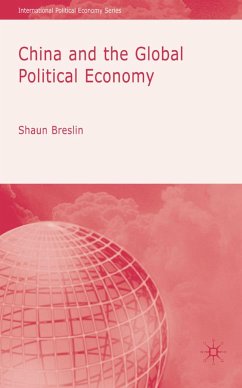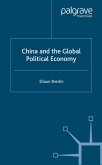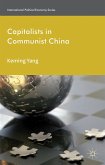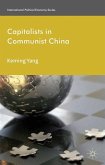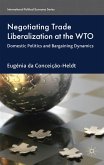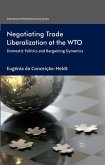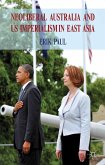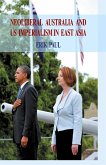China in the Global Political Economy considers one of the most pressing issues of the Twenty-First century: the relationship between domestic configurations of power and globalized production processes in shaping the process and implications of China's re-engagement with the global economy.
'One of the subsidiary themes of Shaun Breslin's book is the unreliability of statistics about China. But where most authors simply note this, he explains some of the reasons and tries to provide some more accurate figures, particularly for understanding foreign investment in and trade with China...This is one of the most useful books on China's economic development before the world recession that I have read for some time' - Chalie Hore, International Socialism Magazine
'Breslin's book is targeted at International Relations (IR) and International Political Economy (IPE) scholars, yet it has a refreshing take on the story often told about China from within IR and IPE. This is because Breslin integrates his understanding of the China case from within Chinese area studies with a critical, non-statist IPE or New Political Economy framework. The result is a much-needed bridgehead between Chinese area studies and IPE, as well as a case for what Breslin calls a somewhat 'revisionist' understanding of China's global economic role...Breslin's book is informed by what he calls a view of China from the inside looking out' - Millenium, Journal or International Studies
'Breslin's book is targeted at International Relations (IR) and International Political Economy (IPE) scholars, yet it has a refreshing take on the story often told about China from within IR and IPE. This is because Breslin integrates his understanding of the China case from within Chinese area studies with a critical, non-statist IPE or New Political Economy framework. The result is a much-needed bridgehead between Chinese area studies and IPE, as well as a case for what Breslin calls a somewhat 'revisionist' understanding of China's global economic role...Breslin's book is informed by what he calls a view of China from the inside looking out' - Millenium, Journal or International Studies

